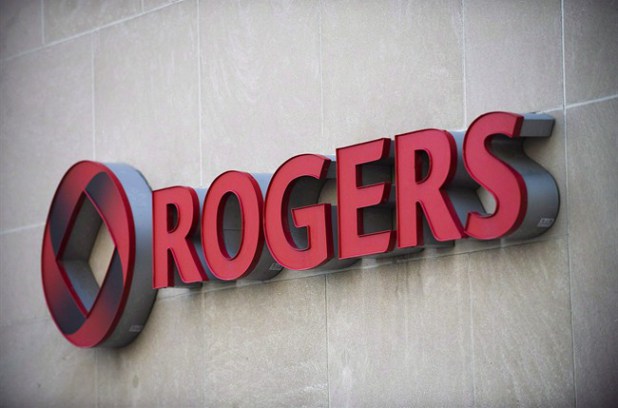No Fees to Telecom, Say Canadian Police
The Royal Canadian Mounted Police (RCMP) and many other police forces are refusing to pay new fees imposed by Rogers Communications for helping track suspects through their mobile phones.
Police say the telecommunications firm is legally obligated to provide such court-ordered services and to cover the cost as part of its duty to society.
Rogers says while it picks up the tab for most judicially approved requests, in some cases it will charge a fee.
The quietly simmering dispute underscores long-standing tensions over who should pay when police call on telephone and Internet providers to help investigate cases.
It began late last May when Rogers wrote to RCMP divisions and other police services across Canada to say it would usher in new fees to law enforcement on Aug. 1. The fees applied to help in executing warrants for tracking customers’ movements through cellphone data and for production of affidavits certifying records in cases where testimony is required to explain the records in court. RCMP officials responsible for covert operations told their superiors in a June briefing note there was no legal basis for the planned fees and that Rogers could be charged under the Criminal Code for failing to comply with a court order if it refused to provide the services unless compensated.
In the case at hand, the court said it was not unreasonable for Tele-Mobile Co. to pay annual costs of between $400,000 and $800,000 to comply with production orders.
The RCMP note suggested that the Canadian Association of Chiefs of Police be asked to issue a collective response to Rogers that “police will not be paying the fees requested.”















